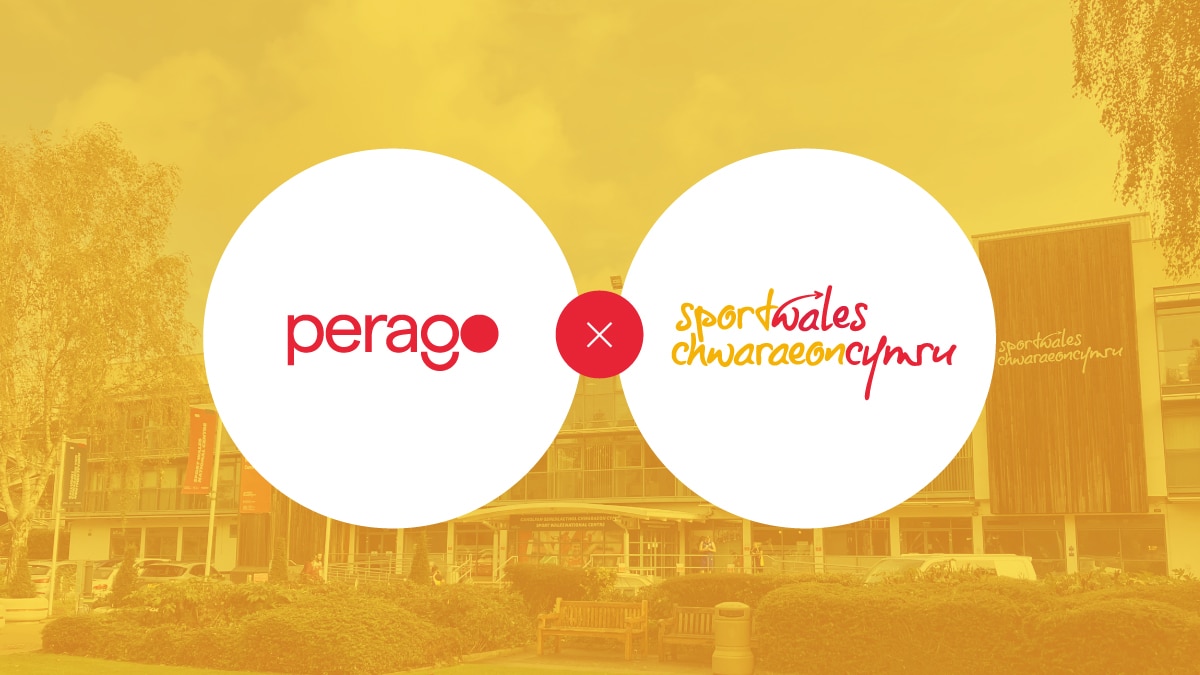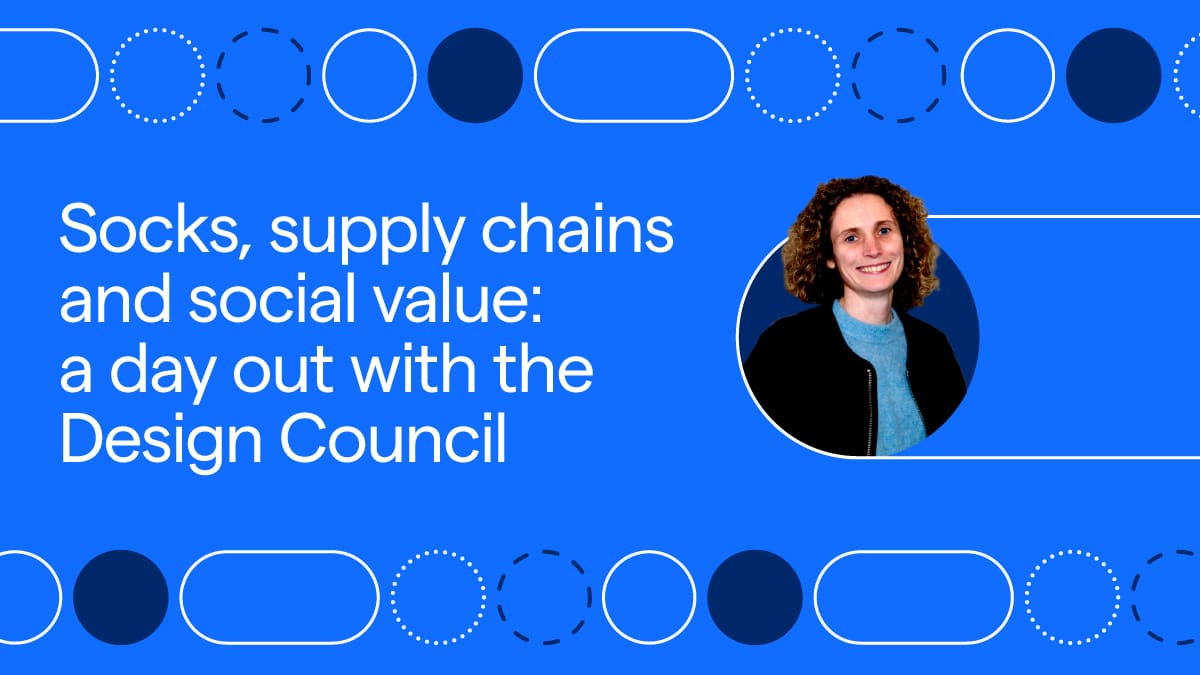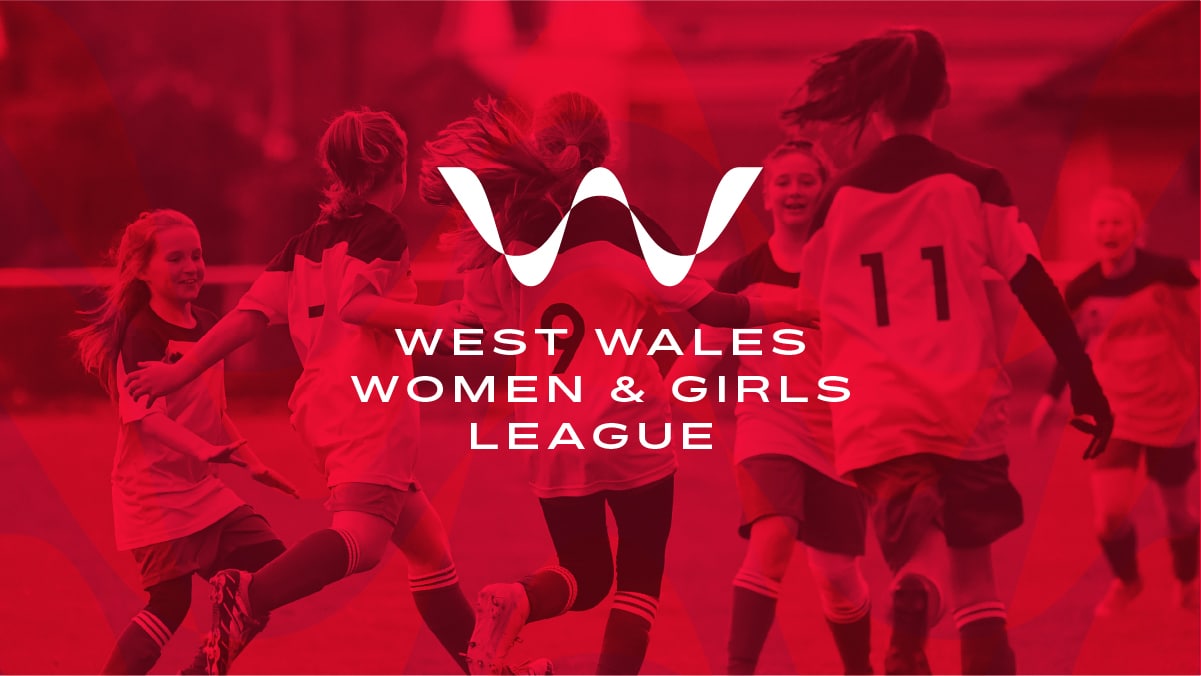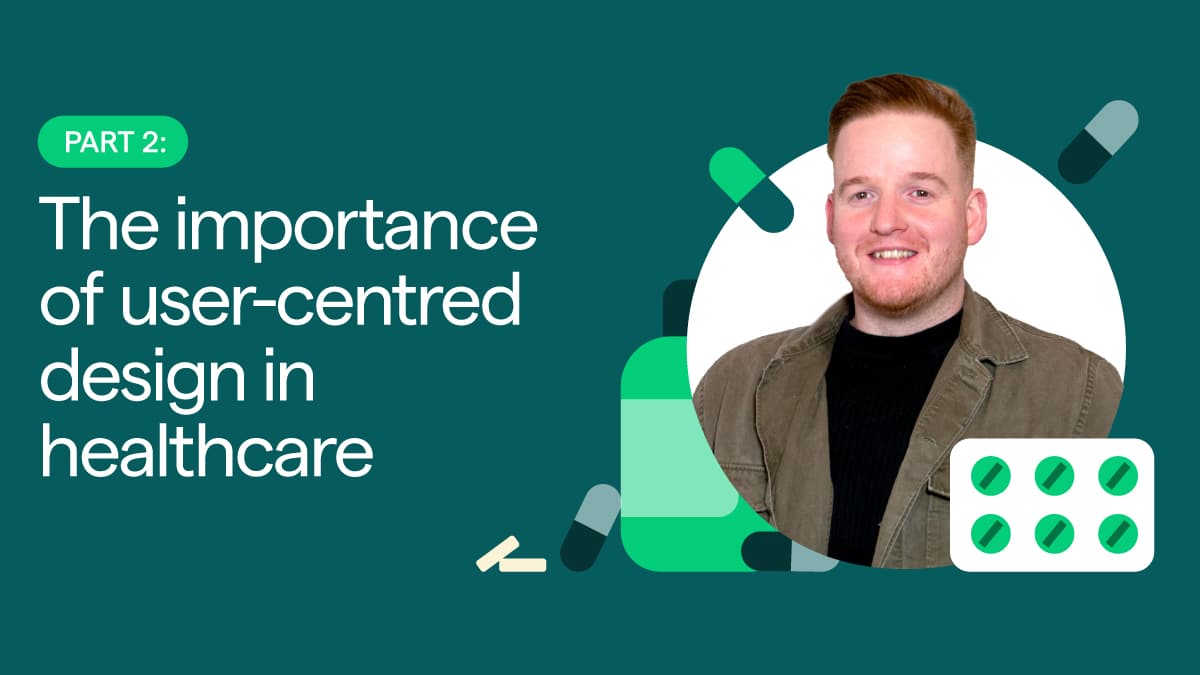Supporting Sport Wales with all things service design and agile
4 min read Written by: Owen Burgess
We recently supported Sports Wales’ digital and service design team to understand how to work together effectively, utilising its skills and strengths to plan and deliver projects that create user-led services and value for Sport Wales and the Welsh public. Having worked for Sports Wales previously, it was great to revisit my old office and share with them all the experience I have gained since joining Perago.
This project was exciting because it aligned with my passion for sports and community engagement. Also, having recently sponsored the Perago West Wales Women and Girls League and helped them with a rebrand and digital platform, this project was particularly timely for Perago overall.
The challenge: developing a high-performing digital and service design team
Sports Wales approached us to support refining its collaboration and project delivery approach. We agreed to organise a focus group with the digital and service design team.
The digital and service design team at Sports Wales may be relatively new and still finding its rhythm, but it’s also keen to create a more cohesive, high-performing unit that will be able to navigate the complexities of modern public sector projects.
The workshop’s focus was clear to me straight after the initial conversations: support the team to develop a deeper understanding of how they could work together effectively to produce high-impact results for their users. This included addressing key areas such as:
- Creating ways of working within high-performing digital and service design teams
- The link between digital, user-centred design and delivery
- Resourcing, delivery planning and prioritisation
- The skills and roles needed within a project
- The needs, skills and conflicting priorities within a multi-disciplinary team
- What to focus on at different stages within projects
The workshop: tools, techniques, and insights
Tim and I headed to the Sports Wales headquarters in Cardiff to facilitate a hands-on, practical workshop. We planned a session that included a mix of theoretical frameworks, real-world examples, and interactive exercises to help the team expand their understanding of how to work together effectively and deliver meaningful results.
During the workshop, we shared various tools, techniques, and practical tips from our experiences working on public sector projects across Wales and the UK. These included approaches to:
- Building strong communication: creating open, honest, and transparent dialogue between team members.
- Agile methods: applying agile methodologies ensuring flexibility and adaptability in project delivery.
- User-centred design: prioritising the needs and preferences of the end-users throughout the project lifecycle.
Key takeaways: clearer roles, better collaboration
By the end of the workshop, the digital and service design team had a much clearer understanding of how to work together as a cohesive, high-performing unit. Some of the key outcomes included:
- A solid understanding of what it takes to be part of a high-performing multi-disciplinary team.
- Clarity around the roles and skills required within a project and how each team member contributes at different stages.
- Insights into how to prioritise and plan projects more effectively, ensuring that they focus on delivering value to the user from the outset.
- An enhanced appreciation for the challenges and opportunities within a multidisciplinary team, particularly when managing conflicting priorities.
After the workshop, Sport Wales’ Service Design Lead, Steffan Berrow, said:
” Perago sharing their approach to service design delivery with us was extremely valuable. We have been prompted to think through how best to articulate our resource and capacity needs before entering into projects, as well as the key principles behind the full service-delivery lifecycle which we look to implement. Their offer and delivery of strategic support to us as a programme board has also helped guide our thinking in how we take-on and deliver projects and programmes of work of significant value and meaning




